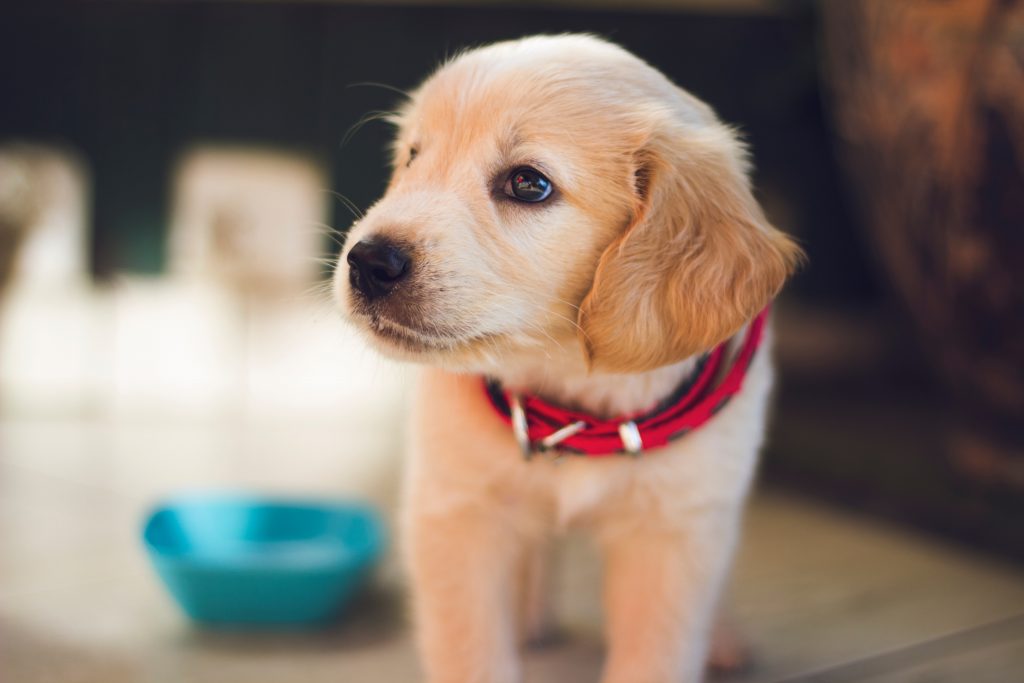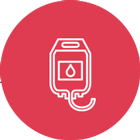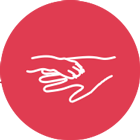So you’re gave in to those sweet, adorable puppy eyes! Puppies can be irresistibly cute, but also infuriatingly stubborn…in other words; high highs and low lows. It’s important to begin training your new pup as soon as possible. One of the first things you’ll want to work with them on is house training.

House training takes time, but routines and consistency can help speed up the process! Here are some tips to keep in mind as you house train your pup and teach them where they can go!
Choose a method and stick with it!
Puppy Pads or Outdoor Training.
People practicing the Puppy Pad method (try to say that 3 times fast) will place puppy pads throughout their house and try to teach their pup that they are “okay” places to eliminate. This method works for some people, but may make it hard to transition away from having puppy pads in the house.
Owners practicing Outdoor training may choose to place a puppy pad in their dog’s crate just to prevent messes, but typically rely on routine and paying close attention to their dog to help get them outside to use the bathroom at the right times.

When does my puppy need to go?
There are certain times that your pup will probably need to use the restroom consistently. Puppies often need to eliminate after: waking up, eating, drinking, and, playing. A general rule of thumb to follow is that pups can “hold it” one hour for every month old they are. This means accidents while you’re at work will probably happen. Even if you’re not using puppy pads throughout your house, strongly consider using them in your pup’s crate if you have to leave them during the day.
Routines are KEY in house training your dog. Go outside first thing in the morning, before bed, and create a feeding schedule. Eating at the same times every day will help keep your pup’s bowel movements consistent.

Praise your Pup
After proper elimination, praise your pup to help create a positive association. Don’t yell at them or “punish” them for going in the wrong spot. It’s very unlikely they’ll understand what you’re trying to communicate with the punishment. On the flip-side, dogs can easily create positive assocation with rewarded behaviors.
If you’re waiting on your pup to poop and they want to play first, let them play for a bit more after they go. Otherwise, they could start to think that going to the bathroom means no more play time, meaning they’ll wait to go so they can keep playing as long as possible.
For both “number one” and “number two”, try to have your dog eliminate in the same spot. They’ll smell it from the previous time and this can help them understand what you want them to do.

Photo by: https://puppyhero.com/
Notice the Signs
If your furry friend is sniffing around, acting nervous, or trying to get your attention, take a moment to think what they could need instead of becoming impatient with them. If it’s not meal time and they have water, and they have had some exercise, it’s likely they’re telling you they need to go out! Our dog’s try to communicate with us, but we don’t always pay enough attention to find out what they could actually need.
Have Patience

No doubt about it, house training a dog takes a lot of work, but it it will pay off and the work won’t last forever!






